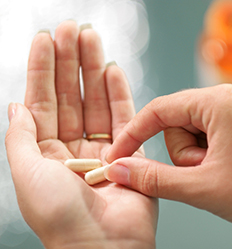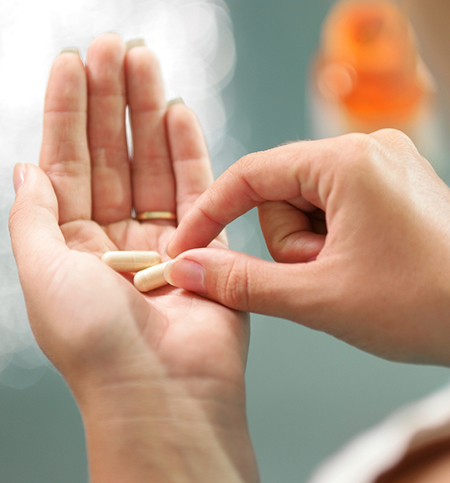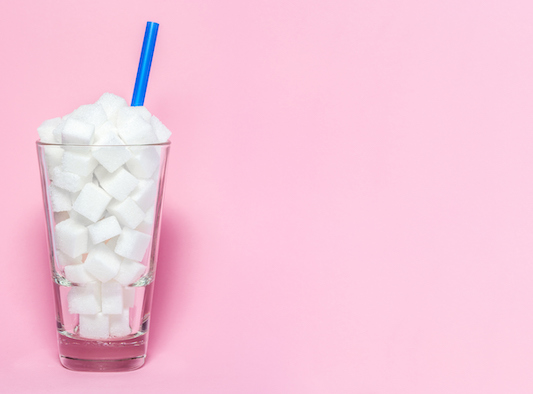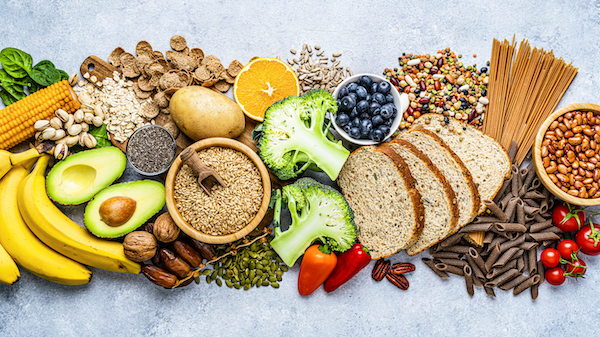Erythritol has skyrocketed in popularity as a “healthier” sugar substitute, especially in keto and low-carb products where it’s marketed as a guilt-free way to satisfy your sweet tooth without spiking blood sugar. But new research suggests erythritol may not be as safe as we’ve been led to believe. In fact, a recent study links the sugar alchohol to serious heart health risks—including an increased risk of heart attack and stroke.
If you’ve been relying on erythritol as a go-to sweetener, let’s take closer look at the science and explore safer alternatives.
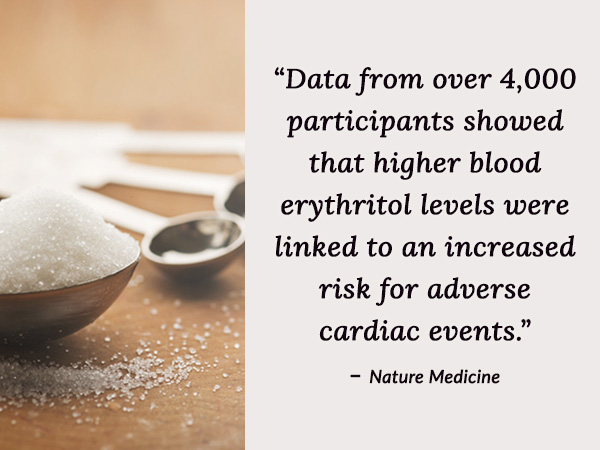
Erythritol’s surprising risks for heart health
According to a study published in Nature Medicine, people with higher blood levels of erythritol had a significantly greater risk of major cardiovascular events, including heart attacks and strokes. Why is erythritol so problematic? The sugar alcohol doesn’t metabolize well in the body, meaning it stays in the bloodstream longer than natural sugars. As researchers discovered, erythritol appears to increase blood platelet activity associated with blood clots—raising the stakes for anyone already managing heart health concerns.
Alarmingly, the study noted that even relatively small amounts of erythritol—similar to what might be found in a single serving of many sugar-free foods—could potentially trigger these effects. Other researchers have confirmed these findings, concluding that erythritol may not be as safe as currently classified by food regulatory agencies and deserves reevaluation as an ingredient.
Erythritol can be a sneaky food ingredient to spot
Erythritol can sometimes be difficult to identify when reading food labels. The FDA does not require manufacturers to list specific sugar alcohols unless a claim is made about the product’s sugar content. For example, if an ice cream or candy is marketed as sugar-free, it must disclose the specific sugar alcohol used. However, a toothpaste that makes no claims about sugar content is not required to do so. If you see “sugar alcohol” listed on the ingredients label with no specifics, consider it a sign that the product could contain erythritol.
Common foods and products that contain erythritol as an ingredient:
- Keto and low-carb baked goods
- Sugar-free drinks and energy beverages
- Protein bars and powders
- Chewing gum and mints
- Sugar-free chocolates and candies
- Low calorie/low carb ice cream
- Toothpaste
- Sugar substitute baking blends
- Stevia products that use Erythritol to “bulk out” sweetness
Even when erythritol is listed as an individual ingredient, many brands market it as a “natural” sweetener elsewhere on the label—making it easy to overlook.
Healthier alternatives to refined white sugar
If your goal is better health, it’s worth reconsidering your sweetener choices. Instead of refined white sugar or ultra-processed sugar substitutes, opt for natural alternatives that provide sweetness along with real benefits for your body. Here are some better options (in moderation):
Organic honey – With a relatively low glycemic index, raw honey contains beneficial probiotics, antimicrobial properties, and anti-inflammatory compounds. Look for non-pasteurized, minimally processed, local varieties whenever possible. One teaspoon of honey contains approximtely 6 grams of carbohydrates.
100% pure maple syrup – Bursting with antioxidants and lower in calories than honey, organic maple syrup is a great addition to baked goods, oatmeal, or smoothies. Just make sure it’s free from fillers or corn syrup. One teaspoon of pure maple syrup contains approximtely 4 grams of carbohydrates.
Organic blackstrap molasses – One tablespoon of organic blackstrap molasses provides more iron, potassium and calcium than three ounces of red meat. And it contains a moderate 16 grams of carbohydrates.
You have the power
If you’ve been using erythritol as a “safe” sugar substitute, it’s completely understandable. You were simply trying to make healthier choices. But now that you know the potential risks, you have the power to choose better, safer alternatives. Remember, every small step you take toward nourishing your body with natural, whole foods is a step toward better health and well-being. You don’t have to make big changes overnight. Just start with one or two simple (and sweet) swaps, and let that momentum carry you forward. You’ve got this!
Looking for more insights? Read our popular article: The dangers of Splenda and other artificial sweeteners.







